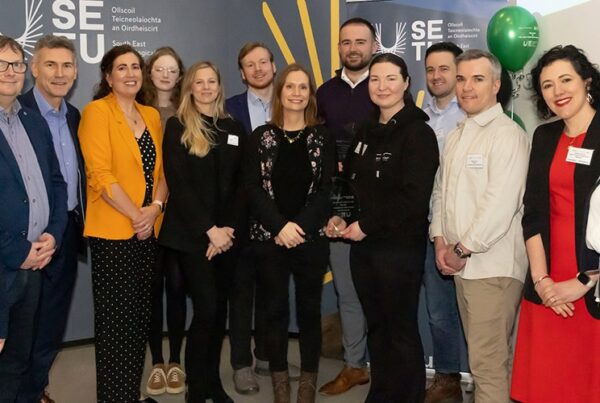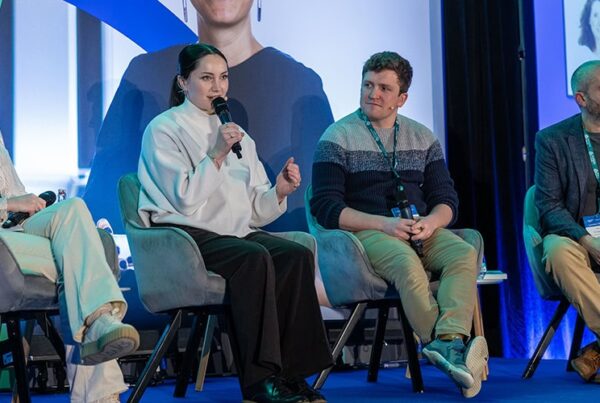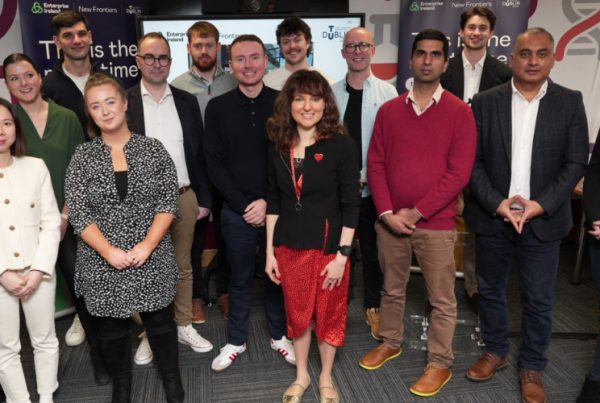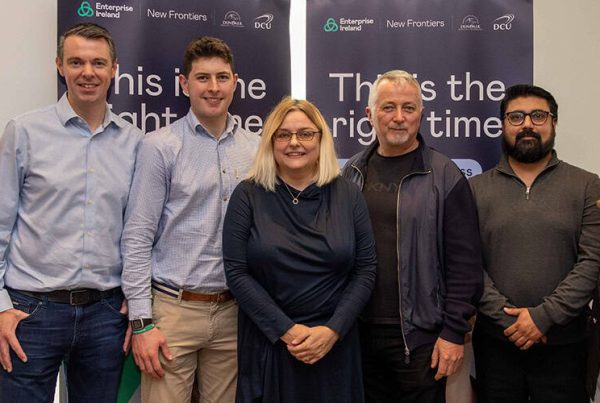
For most start-ups, seeking out and gaining access to established entrepreneurs and senior industry leaders is a difficult and time-consuming process. Identifying the experience and expertise you would like in a business mentor, finding such a person, approaching them and then pitching you and your business in order to hook them is a real challenge.
You need to be clear about the mentor experience and expertise that will most benefit your business at this time. Understanding this will drive the choice you make.
Be familiar with your industry
The more familiar you are with your industry, the more likely you are to understand the major players and the industry drivers.
You may wish to be mentored by someone who has worked with, or sold to, a dominant player.
A mentor who understands how the industry works, how to access decision makers, the key factors that influence decision makers, the buying process and cycle, etc., may be the mentor you are looking for.
Understand the likely business model
Understanding the business model and the buying process of your potential customers (licensing, online, through resellers, through agents/distributors, through retail, by tender, etc.) will also clarify the mentor experience you are looking for.
Understand your weaknesses
Seek out a mentor with complimentary skills. For the early-stage entrepreneurs I deal with, this usually means finding someone with commercial experience.
Promoters who are technically very competent are often drawn to mentors who are similar and “get them”. Instead, you should seek out mentors that have complimentary skills to yours. For instance, match your technical skills with a mentor who has strong commercial skills.
Consider what you would like to achieve
Consider what you hope to achieve from the mentoring relationship. Ideally you would like your mentor to be further down the road you hope to take.
I deal with all types of mentor requests, ranging from “We require a mentor who can guide us, from a strategic point of view, to scale the business in EMEA and USA” to “We want a mentor to advise us on export licences”.
I believe that the former is too broad, with an over-ambitious expectation, and the second isn’t ambitious enough and would lead to you under-using a valuable resource.
A lot of specific expertise, such as knowledge of export licences, can be mastered by simply doing a little research, or through training programmes. Don’t waste the opportunity of working with a strategic mentor or trainer. A mentor who has been down this path will also know where you can access help on technical issues.
Not a shopping list and not a consultant
As an early-stage business owner, there are probably many issues that you would like clarity on – however describing your mentor needs as a shopping list, such as “We need a mentor to help us with funding, marketing, branding, human resources and logistics” shows a lack of thought and insight. Mentors will probably come with a wide variety of skills, but you must give thought to your pertinent, break-through needs.
And lastly, don’t describe you mentor as you would a consultant. Saying, for example, “We need a mentor to help us write a business plan” or “We need a mentor to get us in the door of the companies X and Y” will not only fail to secure you the appropriate mentor – it will put off the very mentor who could support you in driving your business forward.
If you’re lucky enough to be a New Frontiers participant, the process of finding a mentor is greatly simplified. One of the benefits of the programme is that Phase 2 participants have access to the Enterprise Ireland mentor panel – composed of the highest calibre business people – to guide and advise them during the early stages of their startup.
About the author
 Auveen O’Neill
Auveen O’Neill
Auveen is an Enterprise Ireland mentor and the Mentor Coordinator for the lifescience and cleantechnology sectors. She also runs a sales and marketing consultancy.
An engineer with 15 years’ experience in international sales and marketing roles, Auveen has worked at management level in the lifescience and utility sectors across the UK and Europe. She has strong business development experience and in-depth knowledge of public sector tendering and procurement – her particular areas of expertise are focused around sales development, public sector tendering, commercial due diligence and technology commercialisation.
Recent articles

Founders Graduate From New Frontiers At South East Technological University – Carlow Campus

The New Frontiers Programme Connects 158 Founders With Success Stories

Raise Your Startup’s Visibility & Credibility By Entering These Competitions

Founder Perspectives: Lessons From Building Businesses In Sustainability

Tech Startups In The Age Of AI: Alumnus Paul Savage On Speed, Quality & Risk

Fourteen Startup Founders Graduate From Phase 2 Of New Frontiers In Tallaght

Eleven Founders Graduate From New Frontiers In The Border Mid-East Region

 Auveen O’Neill
Auveen O’Neill
